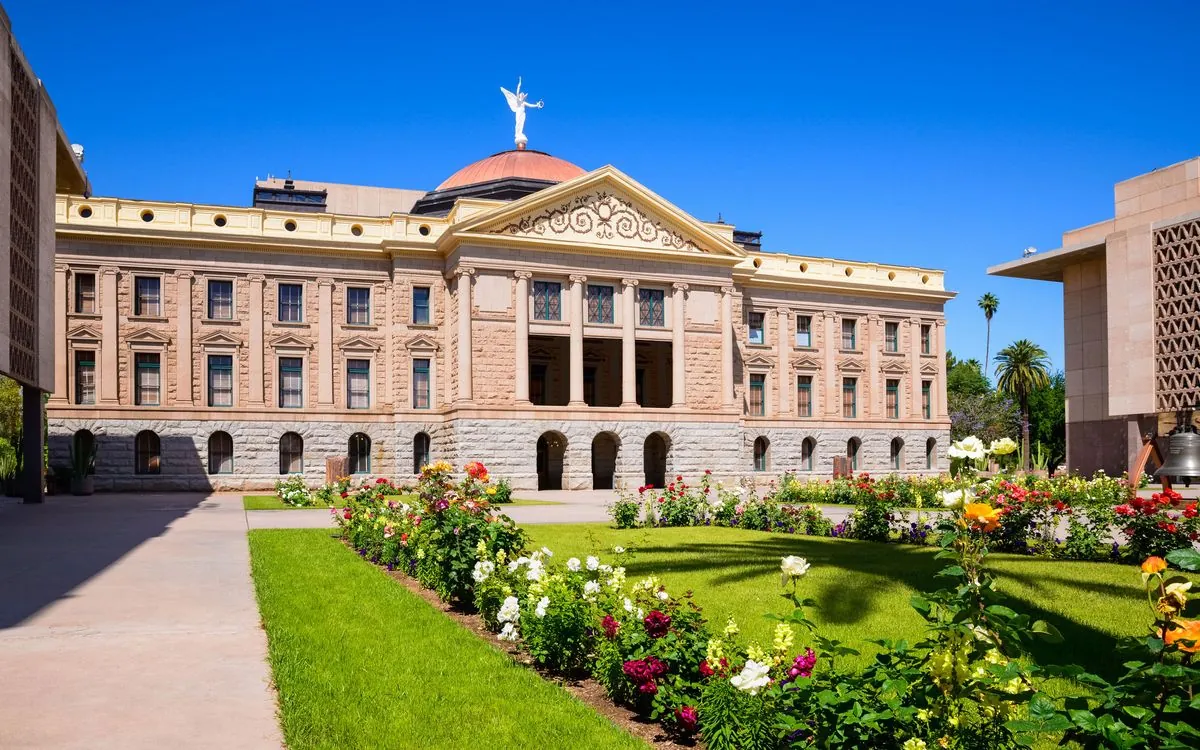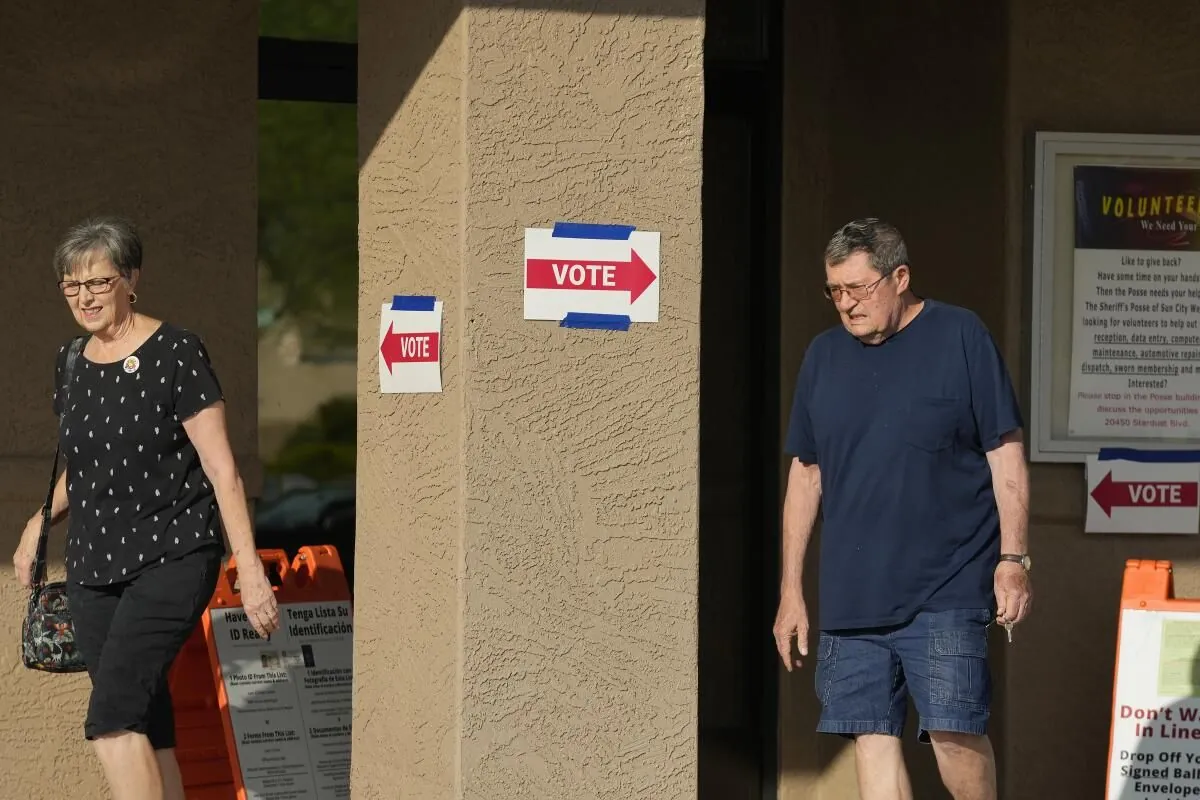Arizona Election Laws Reinstated: Voter Registration Rules Tightened
U.S. appeals court revives Arizona election laws, allowing voter registration cancellations for out-of-state movers and criminalizing non-resident voting. Decision impacts crucial swing state ahead of presidential election.

On September 20, 2024, a significant legal development occurred in Arizona, a state known for its pivotal role in U.S. presidential elections. A federal appeals court reinstated two contentious election security laws, focusing on preventing multi-jurisdiction voter registration.
These laws, now enforceable in Arizona, allow counties to terminate voter registrations for individuals who have relocated out of state. Additionally, they criminalize the act of enabling non-residents to cast votes within Arizona's borders. This decision comes less than two months before the November 5, 2024, U.S. presidential election, in which Arizona's 11 electoral votes could prove decisive.
Arizona, the 48th state to join the Union in 1912, has transformed from a Republican stronghold into a crucial swing state in recent elections. With a population of approximately 7.4 million as of 2023, the state's demographic shifts have contributed to its evolving political landscape.
The reinstatement of these laws has sparked debates about voter rights and election integrity. Proponents argue that the measures are necessary to prevent voter fraud, while critics contend they may lead to voter suppression.

It's worth noting that Arizona's unique characteristics play a role in its electoral significance. As one of the "Four Corners" states and the 6th largest by area in the U.S., Arizona encompasses diverse communities, including 22 federally recognized Native American tribes. This diversity contributes to the state's complex political dynamics.
The impact of these laws extends beyond Arizona's borders. As a swing state, the outcome of elections in Arizona can have national implications. The state's 11 electoral votes, combined with its recent history of close races, make it a focal point for both major political parties.
Arizona's election procedures are particularly noteworthy given the state's distinctive features. It observes Mountain Standard Time year-round, doesn't participate in daylight saving time, and has the largest percentage of land designated as Indian reservation of any U.S. state. These factors can influence voting patterns and accessibility.
As the "Grand Canyon State" prepares for the upcoming election, the implementation of these laws will be closely watched. The balance between ensuring election security and maintaining voter access remains a critical issue, not just in Arizona, but across the United States.
"The reinstatement of these election laws in Arizona represents a significant shift in the state's approach to voter registration and eligibility. It will be crucial to monitor how these changes are implemented and their impact on voter participation in this key swing state."
This legal decision underscores the ongoing national debate about election integrity and voter rights. As Arizona - with its official motto "Ditat Deus" (God enriches) - navigates these changes, the implications for future elections, both state and national, remain to be seen.


































